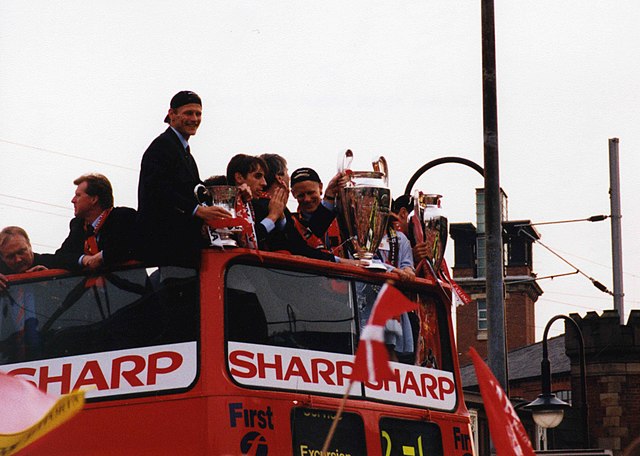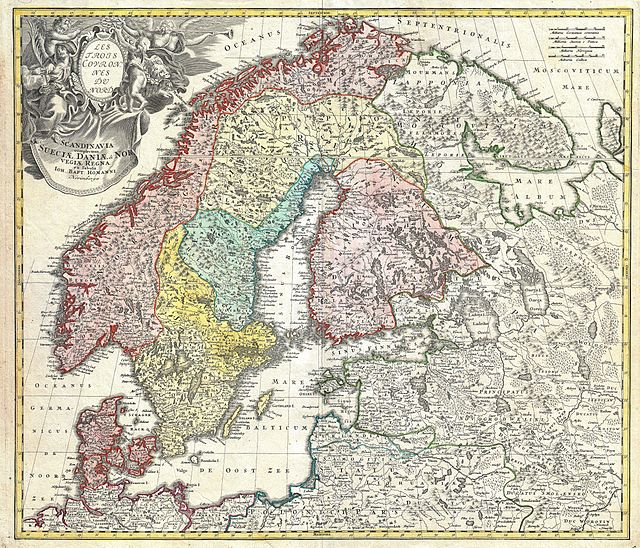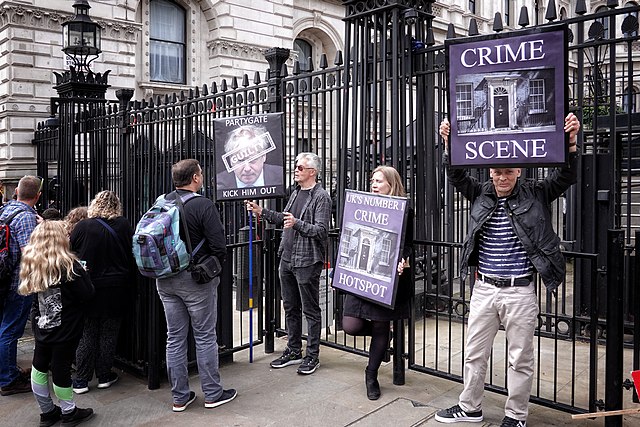Back in the 90’s, Manchester United were hoovering up trophies like dust bunnies. Even for non-supporters, they were compulsive viewing, brimming with charismatic leaders, dramatic storylines, and star power on and off the pitch. Who wouldn’t want inside such a tent?
Outside the tent was cold and boring and trophy-less. Various rival camps sprung up in the quicksands of Blackburn and North London but they offered only short term respite.
Some time around the treble season of 1999, the outside-tenters coalesced into an informal protest movement calling itself Anyone But United. The ABU-ers shared no common values except a desire for Manchester United to not win the next trophy. In a the enemy of my enemy is my friend kind of way.
They were tall poppy cutters whose communal sin was to covet their neighbour’s trophy cabinet, suffering from envy, or monotony or self-pity, and utterly bewildered by the mystery ingredients in Man Utd’s secret sauce. I was a card-carrying member.

That was all many years ago, and I have long since resigned my membership of ABU. Over the years I’ve learned to celebrate such perpetual winners for their success rather than resent them for it. Comparison is the thief of joy. These days I am awash with “freudenfreude”.
That’s my story and I’m sticking to it.
Lately, my zen has been interrupted by the presence of another overachiever. I have found my old feelings of envy triggered by a perpetual winner dominating a different playing field. Namely in the realm of global performance rankings, the Champions League of countries.
As my mouse recently hovered over the headline “Guess which country has been voted the happiest place in the world”, it dawned on me that I didn’t have to guess. Ha, take that, click-bait. No need to scroll through pages of slow-loading content to know the answer would be…somewhere in Scandinavia.
In a surprise to nobody, the UN World Happiness Report found that Finland* is the happiest country in the world for the 7th year in a row. Closely followed by Denmark, Iceland* and Sweden.
Indeed if you pick any “world’s best” list and throw a dart at the top you’ll hit a Scandinavian country.
- UNDP Human Development Index – Norway best country in the world to work in 2024
- Global Gender pay gap – Iceland first, Finland second, Norway third
- World Press Freedom Index – Norway first, Denmark second, Sweden third
- World’s Greenest Country – Sweden first, Denmark second, Norway fourth
- Global Peace – Iceland first, for the 15th year in a row
And of course, the Ballon d’Or of national achievement:
- Most saunas per capita – Finland
These lists are as predictable as they are perplexing. Just where exactly did it all go right for Scandinavia?
At a glance the region appears to have no obvious advantages of geography or climate. It has areas of outstanding scenic beauty, but no more than Vietnam or Italy. It has natural resources, but less than Russia or Brazil. It has long, cold winters and short, cool summers but that’s a benefit only to their Winter Olympic teams. It has flatpack furniture, but we all have that these days.

The Nordic countries have universal healthcare, free education and social welfare programs that are the envy of the world. These benefits are funded by high income taxes that would stir revolution in more volatile nations. Or at least widespread tax evasion.
And yet the Scandinavians pay their taxes because they exist within a culture of honesty. Case in point; last summer, Reader’s Digest performed a social experiment to find the most (and least) honest cities in the world. Their reporters “lost” 12 wallets in 16 cities around the world. Each wallet contained the name, phone number and family photo of its owner along with $50, and was dropped in a suitable place to allow for an act of honesty or an act of dishonesty. The reporters then waited to see how many wallets would find their way back to their owner.
Shall I save you the suspense? The most honest city in the survey was Helsinki with 11 out of 12 wallets returned. By comparison, only 5 out of 12 wallets lost in London found their way home.
Everywhere you look, Scandinavia is winning. And success begets success, like Cristiano Ronaldo and Wayne Rooney joining Man Utd because they had the best team, then going on to make them even more of the best team. For the Nordic countries, each global ranking triumph is part of an upward spiral – better work life balance means happier citizens means more tax compliance means better funded public services, and so on and so up.
But one metric stands out above others. The Corruption Perceptions index measures the trust that a population has in the leaders of their country. How much faith exists in the integrity of its government, figureheads, and general bigwigs.

The UK currently sits at its lowest ever position of 20th. Which is not surprising at a time when public trust in government and politicians is at rock bottom, fuelled by anger over Partygate, Brexit and crumbling public services.
Strong leadership is as important to a country as it is to a football team. Alex Ferguson believed in the importance of leading so much he wrote a book about it. By the time he rode off into the sunset in 2013 with one final Premier League trophy in his pocket, he left behind every part of the recipe for continued success. Except himself. The not-so-mysterious ingredient in the secret sauce.
Trust in power is the rising tide that lifts all boats. As evidenced by the top of the Corruption Perceptions Index where we find…well, you can probably guess.
So fair play to our Scandinavian friends. They built their tent on solid foundations, and deserve every accolade that comes their way. To paraphrase Alex Ferguson, “sometimes you have to hold your hand up and say, yeah, they’re better than us.”
But then again, what fun is zen? If you can’t beat them, start an informal protest movement out of pure mischief. “Anyone But Scandinavia” is officially open to membership.
*Not technically in Scandinavia, but I’m conflating Nordic countries and Scandinavian countries to suit my story